 An idled Washington newsprint mill will reopen to produce containerboard from recycled feedstock.
An idled Washington newsprint mill will reopen to produce containerboard from recycled feedstock.

 An idled Washington newsprint mill will reopen to produce containerboard from recycled feedstock.
An idled Washington newsprint mill will reopen to produce containerboard from recycled feedstock.
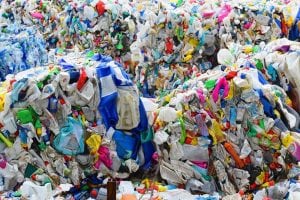 Public and private entities regularly sample waste streams to glean data on the plastics that could be captured for recycling. Now, guidelines have been developed to standardize the process so results can be compared.
Public and private entities regularly sample waste streams to glean data on the plastics that could be captured for recycling. Now, guidelines have been developed to standardize the process so results can be compared.
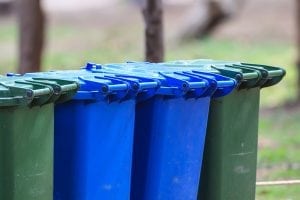 The Continuous Improvement Fund (CIF) recently looked into the efficiency of using collection-vehicle drivers to pick out contamination and other approaches that could lead to cleaner streams of recyclables.
The Continuous Improvement Fund (CIF) recently looked into the efficiency of using collection-vehicle drivers to pick out contamination and other approaches that could lead to cleaner streams of recyclables.
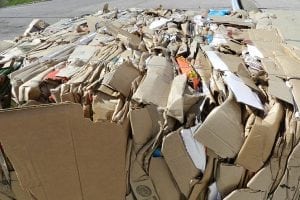 OCC prices have remained stable for several months now, bringing some calm to what has been a wildly fluctuating market. But a supply glut may be preventing prices from climbing back up.
OCC prices have remained stable for several months now, bringing some calm to what has been a wildly fluctuating market. But a supply glut may be preventing prices from climbing back up.

Hurricane Florence has forced programs to suspend collection and led haulers to remind residential customers about proper storm debris management. At least one packaging giant has been significantly impacted by the hurricane. Continue Reading
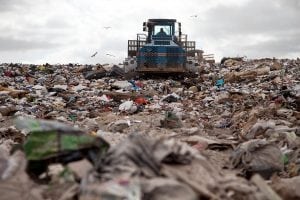 Yale University researchers estimate 230 million metric tons of MSW were landfilled in the U.S. in 2015, nearly twice the estimate from federal officials.
Yale University researchers estimate 230 million metric tons of MSW were landfilled in the U.S. in 2015, nearly twice the estimate from federal officials.
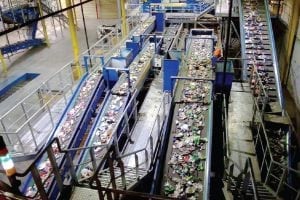 An idled plastics recovery facility is being dismantled and its components sold, after efforts to reopen it for the past year have not panned out.
An idled plastics recovery facility is being dismantled and its components sold, after efforts to reopen it for the past year have not panned out.
 The Chinese government provides an option for pre-shipment inspections, and California lawmakers may add language about National Sword into state law. These are among the recent developments as China continues to revise its import regulations and the U.S. recycling industry reacts.
The Chinese government provides an option for pre-shipment inspections, and California lawmakers may add language about National Sword into state law. These are among the recent developments as China continues to revise its import regulations and the U.S. recycling industry reacts.
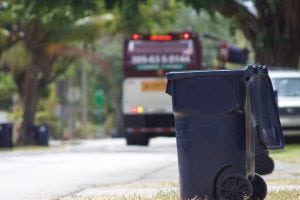 Debates pitting single-stream versus dual-stream recycling have gained steam in recent months. But in a recent gathering of key stakeholders, the consensus was to stick with single-stream systems.
Debates pitting single-stream versus dual-stream recycling have gained steam in recent months. But in a recent gathering of key stakeholders, the consensus was to stick with single-stream systems.
 A Thai policy restricting the import of scrap plastics has proved effective. U.S. scrap plastic exports to the country dropped by 94 percent after the ban took hold.
A Thai policy restricting the import of scrap plastics has proved effective. U.S. scrap plastic exports to the country dropped by 94 percent after the ban took hold.
